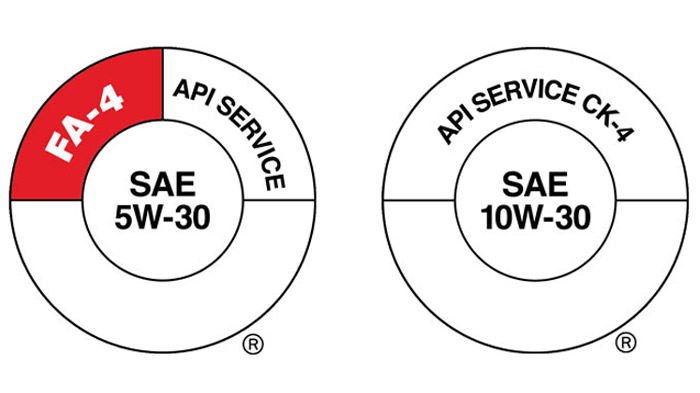
API revokes provisional licensing for API CK-4 and API FA-4
The ASTM Caterpillar Surveillance Panel has informed the American Petroleum Institute (API) that the ASTM D8047 test is again available for candidate oil testing. ASTM D8047, Standard Test Method for Evaluation of Engine Oil Aeration Resistance in a Caterpillar C13 Direct-Injected Turbocharged Automotive Diesel Engine, otherwise known as “COAT”, evaluates aeration performance under high-engine-speed, zero-load operation in a turbocharged, heavy-duty, four-stroke diesel engine.
On 8 May 2018, due to the unavailability of an ASTM D8047 test stand to qualify oils against these standards, API invoked provisional licensing for API CK-4 and API FA-4. API CK-4 and API FA-4 are the latest heavy-duty engine oil service categories being licensed by API.
API CK-4 and API FA-4 were developed to better protect new and older engines, improve engine oil performance, and help engine manufacturers meet 2017 U.S. federal government emissions standards. API licensing of API CK-4 and API FA-4 began on 1 December 2016. API CK-4 provided a number of improvements over API CJ-4, including improved shear stability, oxidation resistance and aeration control, while also being backward compatible. API FA-4 is only intended for use in newer on-highway diesel engines, with limited or no backward compatibility with on and off-highway diesel engines where engine manufacturers recommended API CJ-4.
In response to this notification by the ASTM Caterpillar Surveillance Panel, API’s Engine Oil Licensing and Certification System (EOLCS) has declared COAT Provisional Licensing closed in accordance with paragraph 6.7 of API 1509, according to Kevin Ferrick, director of API’s GIS Products Programs and in charge of the EOLCS.
Marketers with formulations that have been provisionally licensed for COAT must now obtain a passing COAT result within six months from the date of this notification.
Upon passing the test, the licensee must request full licensing of the formulation by entering a new formulation into the online application system and applying the formulation to each affected product before submitting to API for review.
API will review the formulation and, once approved, withdraw the provisionally licensed formulation. If a provisionally licensed oil fails to pass COAT, the licensee must notify API immediately. The licensee agrees to take corrective action within a time frame specified by API. Required corrective actions may include product recall.
If a new oil formulation is not received by API by the end of the six-month period, API will cancel the provisional license for that formulation, and it will be removed from any associated products.
If no active formulation remains for a product, API will cancel the product and notify the licensee that the API CK-4 or FA-4 Service Category in the API Service Symbol and the API Certification Mark shall no longer be displayed on the label of that product.








.jpg)
